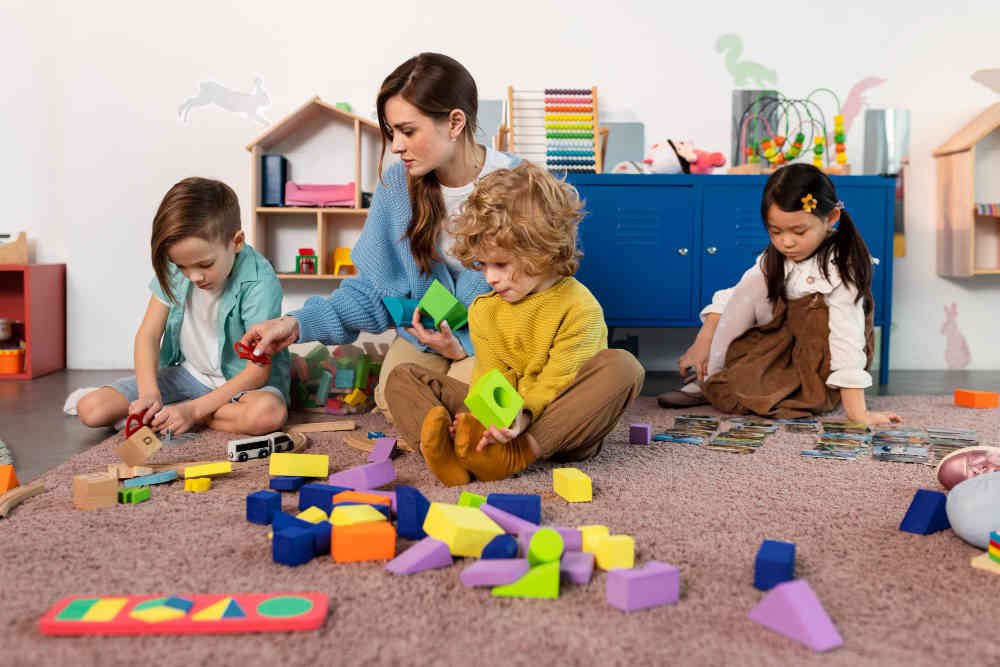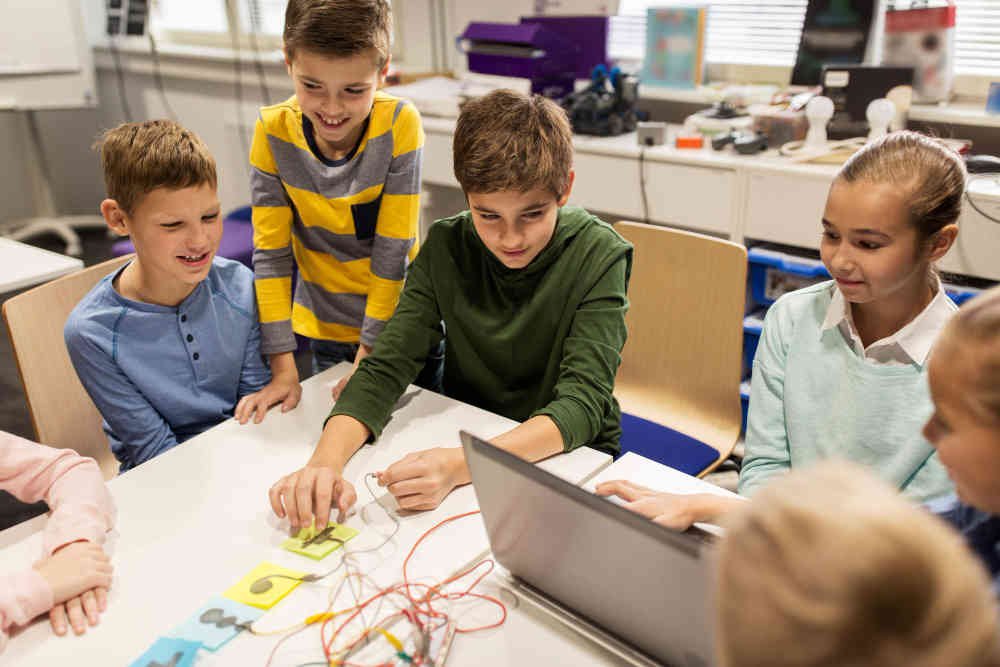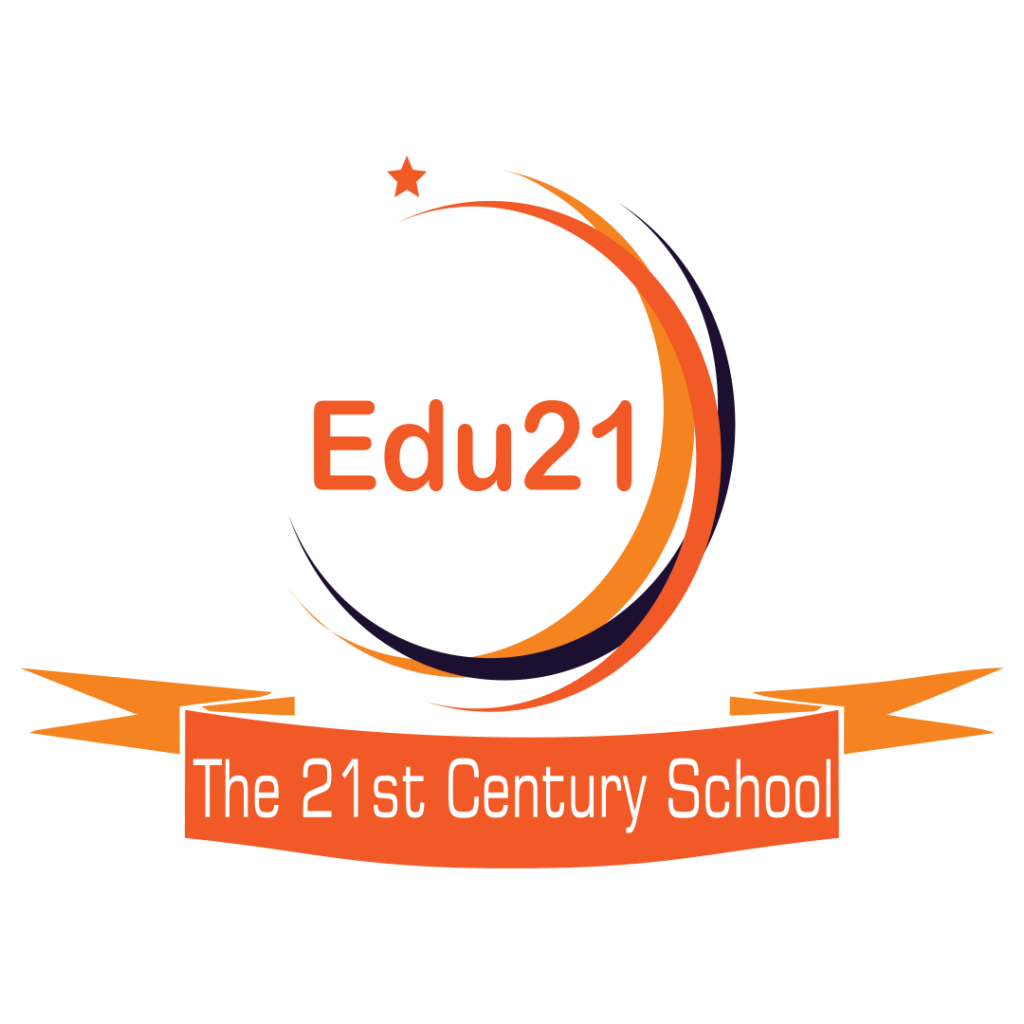In recent times, the field of education has undergone a significant transformation, embracing more innovative and effective teaching methodologies. Among these, Activity-Based Learning (ABL) and Project-Based Learning (PBL) have emerged as prominent approaches. While both strategies share the goal of actively engaging students in their learning journey, they diverge in their core principles and application. In this blog post, we will dissect the distinctions between Activity-Based Learning and Project-Based Learning and also highlight the reasons that support the preference of Edu21 towards project-based learning.
Activity-Based Learning vs. Project-Based Learning
Activity-Based Learning (ABL) and Project-Based Learning (PBL) are student-centric teaching methodologies designed to foster active learning and enhance the overall educational experience. However, they differ in their core principles, objectives, and the ways in which they engage students.
- Nature and Scope:
- Activity-Based Learning (ABL): ABL is centered around short, discrete activities or exercises that are integrated into the curriculum. These activities are often designed to reinforce specific skills or concepts. For example, a math class might use ABL by having students solve a set of equations on the board.
- Project-Based Learning (PBL): PBL, on the other hand, involves students working on comprehensive projects that require them to explore and apply a range of skills and knowledge over an extended period. These projects are often multidisciplinary and open-ended, encouraging students to investigate real-world problems and develop solutions.
- Learning Goals:
- ABL: ABL primarily aims to reinforce and practice existing knowledge and skills. It often focuses on skill-building or concept reinforcement within a subject.
- PBL: PBL seeks to achieve deeper learning outcomes. It encourages students to not only acquire new knowledge and skills but also apply them in real-world contexts. PBL promotes critical thinking, problem-solving, collaboration, and creativity.
- Student Engagement:
- ABL: ABL activities are typically shorter in duration and may not engage students in sustained in-depth exploration. They are often used as supplementary exercises.
- PBL: PBL projects require students to invest time and effort into research, planning, execution, and presentation. This immersion in a complex, real-world task tends to captivate students’ attention and sustain their interest over an extended period.
- Assessment:
- ABL: Assessment in ABL often involves quizzes, tests, or short assignments that evaluate a student’s grasp of specific concepts or skills. The assessment is typically more individualized.
- PBL: PBL assessments are more holistic and multifaceted. They assess not only the final project but also the process, collaboration, problem-solving, and presentation skills. PBL assessments are often designed to mimic real-world evaluations.
- Teacher Role:
- ABL: In ABL, the teacher plays a more traditional role as an instructor, delivering content and guiding students through structured activities.
- PBL: In PBL, the teacher takes on the role of a facilitator and mentor, guiding students through the project while allowing them to take ownership of their learning.

Why Edu21 Prefers Project-Based Learning
Edu21, a forward-thinking educational institution, has recognized the transformative potential of Project-Based Learning (PBL) and has increasingly embraced this approach over Activity-Based Learning (ABL). There are several compelling reasons behind this shift in preference.
- Preparation for the Real World:
Edu21 recognizes that the traditional model of education often falls short in preparing students for the complex and dynamic challenges of the real world. PBL mirrors real-world problem-solving by requiring students to work on projects that simulate authentic scenarios. This prepares students not only academically but also socially and emotionally for the complexities they will encounter in their future careers.
- Critical Thinking and Problem-Solving Skills:
PBL places a strong emphasis on critical thinking and problem-solving, skills that are increasingly valued in today’s knowledge-based economy. Edu21 believes that fostering these skills is essential for students to thrive in a rapidly changing world. Through PBL, students learn how to analyze problems, generate creative solutions, and adapt to unexpected challenges.
- Collaboration and Communication:
In the modern workplace, collaboration and effective communication are paramount. PBL inherently promotes these skills as students often work in teams to complete projects. Edu21 recognizes that PBL not only enhances students’ academic abilities but also helps them develop essential interpersonal skills that are highly sought after by employers.
- Intrinsic Motivation:
Edu21 has observed that PBL tends to intrinsically motivate students. When students are engaged in meaningful, real-world projects that they are passionate about, their motivation to learn and excel naturally increases. This intrinsic motivation can lead to a more fulfilling and enduring learning experience.
- Long-term Retention of Knowledge:
Research suggests that students are more likely to retain knowledge when they are actively engaged in learning. PBL’s immersive approach ensures that students not only acquire knowledge but also retain it for the long term. Edu21 values this aspect as it aligns with their commitment to providing a quality education.

- Adaptability and Lifelong Learning:
Edu21 acknowledges that the ability to adapt and engage in lifelong learning is crucial in a rapidly evolving world. PBL equips students with the skills and mindset needed to embrace change and continue learning throughout their lives.
- Real-world Impact:
Edu21 believes in the power of education to drive positive change in society. PBL often involves projects that have a real-world impact, whether through community service, environmental initiatives, or entrepreneurial endeavors. Edu21 sees this as an opportunity for students to make a meaningful difference while learning.
- Alignment with Modern Educational Trends:
PBL aligns well with contemporary educational research and pedagogical trends that emphasize student-centered learning, inquiry-based instruction, and the integration of technology. Edu21 aims to stay at the forefront of educational innovation, and PBL aligns with this goal.
- Feedback and Continuous Improvement:
Edu21 values the feedback loop inherent in PBL. Through ongoing assessment and reflection on projects, students receive feedback that helps them improve their work. Similarly, teachers can adapt their teaching strategies based on the outcomes of PBL experiences, contributing to continuous improvement in the educational process.
Conclusion
In conclusion, Activity-Based Learning (ABL) and Project-Based Learning (PBL) are two distinct approaches to education, each with its own set of principles and objectives. While ABL focuses on reinforcing existing knowledge and skills through short activities, PBL immerses students in comprehensive projects that require them to apply and expand their knowledge and skills in real-world contexts.

Edu21, as a forward-thinking educational institution, has recognized the transformative potential of Project-Based Learning. This preference for PBL is grounded in its alignment with real-world preparation, critical thinking and problem-solving, collaboration and communication, intrinsic motivation, long-term knowledge retention, adaptability, real-world impact, alignment with modern pedagogical trends, and a commitment to feedback and continuous improvement.
As education continues to evolve, it is clear that PBL offers a powerful educational paradigm that prepares students not only for academic success but also for success in the dynamic, ever-changing world beyond the classroom. Edu21’s embrace of PBL reflects a commitment to providing its students with a holistic and meaningful education that equips them for a future filled with challenges and opportunities.












